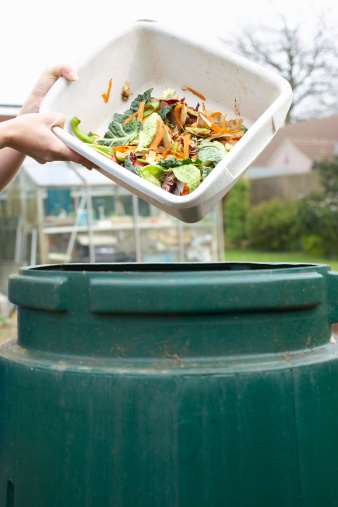The Canadian Food Waste Poll included more than 1,000 people
By Diego Flammini
Assistant Editor, North American Content
Farms.com
According to a new poll, nearly 15 per cent of Canadians don’t feel bad about throwing away food.
The Canadian Food Waste Poll was commissioned by FoodSaver. Between August 15 and 18, more than 1,000 Canadians were randomly selected to participate in the survey.

Martin Poole/iStock/Getty Images Plus
Survey highlights include:
- 30 per cent of participants reported having difficulty affording food.
- 93 per cent felt the cost of groceries has gone up in the last year.
- Fresh produce, bread and dairy are the top items most commonly thrown out.
- 74 per cent who said they have difficulty affording produce, still throw it out.
- Less than 10 per cent said they never throw food away.
Researchers say wasting food has become commonplace among many households.
"Sadly, wasting food has become so normal, there is now no guilt attached to tossing it out. Perhaps the reason for this is that people are under-estimating the value of the food they are wasting," said Ralph C. Martin, a professor at the University of Guelph’s Ontario Agricultural College, in a release.
"Households in Canada spend approximately $153 per week on food. Canadians waste about 40 per cent of food along the whole value chain, and about half of this (20 per cent) is wasted in households. Therefore, the cost of tossing wasted food is $31 per week per household. We could avoid waste and use $31 per week more wisely, perhaps for healthy food," said Martin.